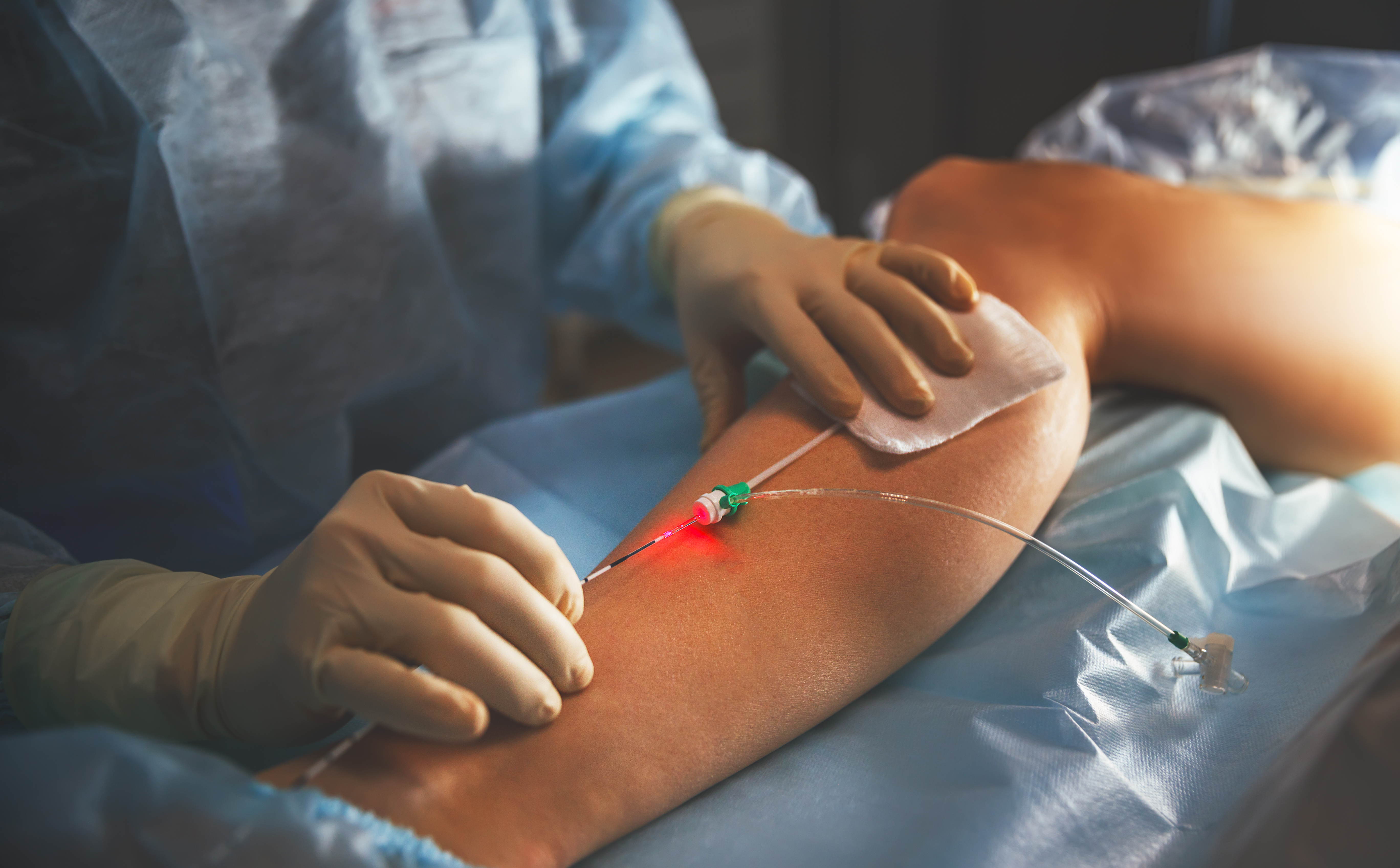Dr Nikhil Patel
Consultant Radiologist
Specialist expertise: Vascular, Breast Cancer Imaging, Breast Screening, Womens Health, Breast Radiology, Family History Risk Assessment and Genetic Testing, Oncological Imaging, Radiology.
The service offers a variety of vascular scans using ultrasound imaging, which has many advantages such as being non-invasive, and radiation free. Vascular ultrasound is used to evaluate the blood flow in the arteries and veins of the arms, neck and legs. Your clinician will use the test to diagnose blood clots and peripheral artery disease.

Vascular surgeons diagnose and manage conditions affecting the circulation, including disease of the arteries and veins. They treat all parts of the vascular system apart from the heart and the brain.
Vascular ultrasound is a non-invasive test healthcare providers use to determine how blood flows in arteries and veins in your arms, neck and legs. They use this test to diagnose blood clots, narrowed blood vessels, and other vascular health conditions.
You may need a vascular ultrasound if you have symptoms such as;
See below the different types of treatments:
Carotid Artery Treatments:
Carotid endarterectomy
The main treatment for narrowing of the carotid arteries, but sometimes an alternative procedure called carotid artery stent placement may be available. It's a less invasive procedure than a carotid endarterectomy because there's no need to make a cut in the neck.
Extracranial carotid
Artery aneurysm requires surveillance using Doppler Ultrasound. Aneurysms require open surgery, and surgical clips.
Vein Treatments:
Deep vein thrombosis
Treatment for DVT usually involves taking anticoagulant medicines. These reduce the blood's ability to clot and stop existing clots getting bigger. Heparin and warfarin are 2 types of anticoagulants often used to treat DVT. Heparin is usually prescribed first because it works immediately to prevent further clotting.
Varicose veins
They are different depending on whether they are Larger varicose veins are generally treated with ligation and stripping, laser treatment, or radiofrequency treatment. In some cases, a combination of treatments may work best. Smaller varicose veins and spider veins are usually treated with sclerotherapy or laser therapy on your skin.